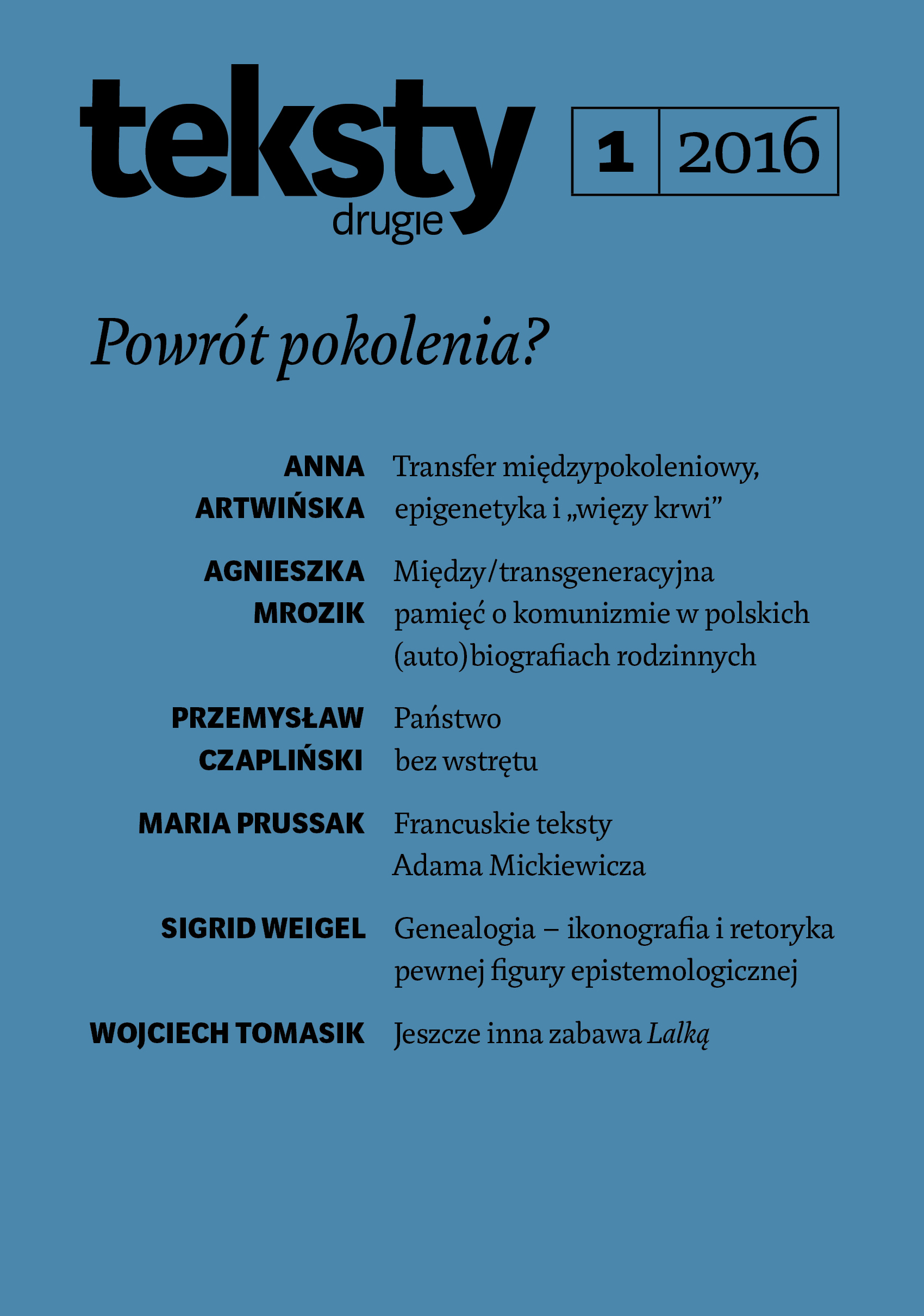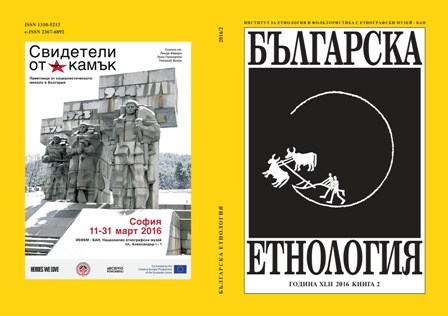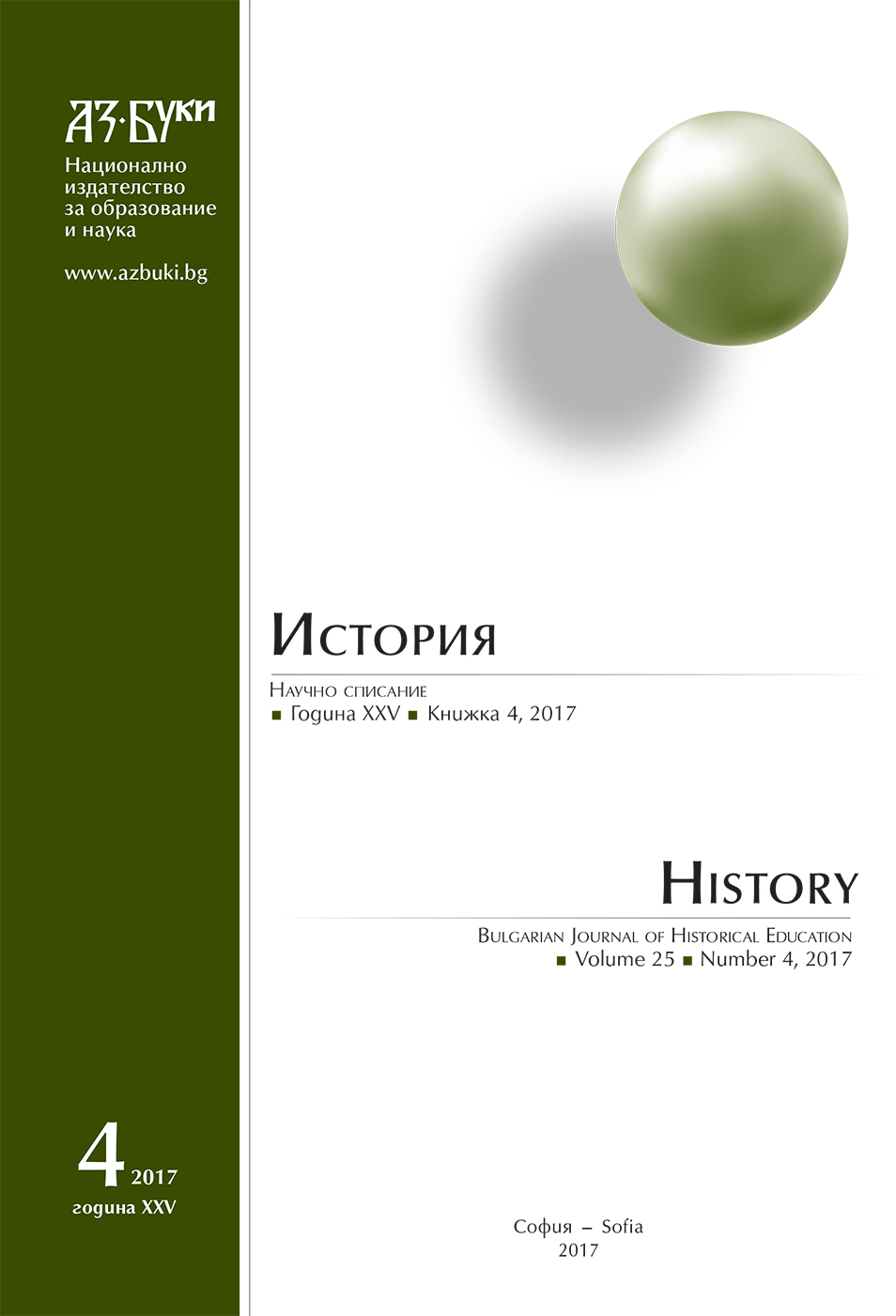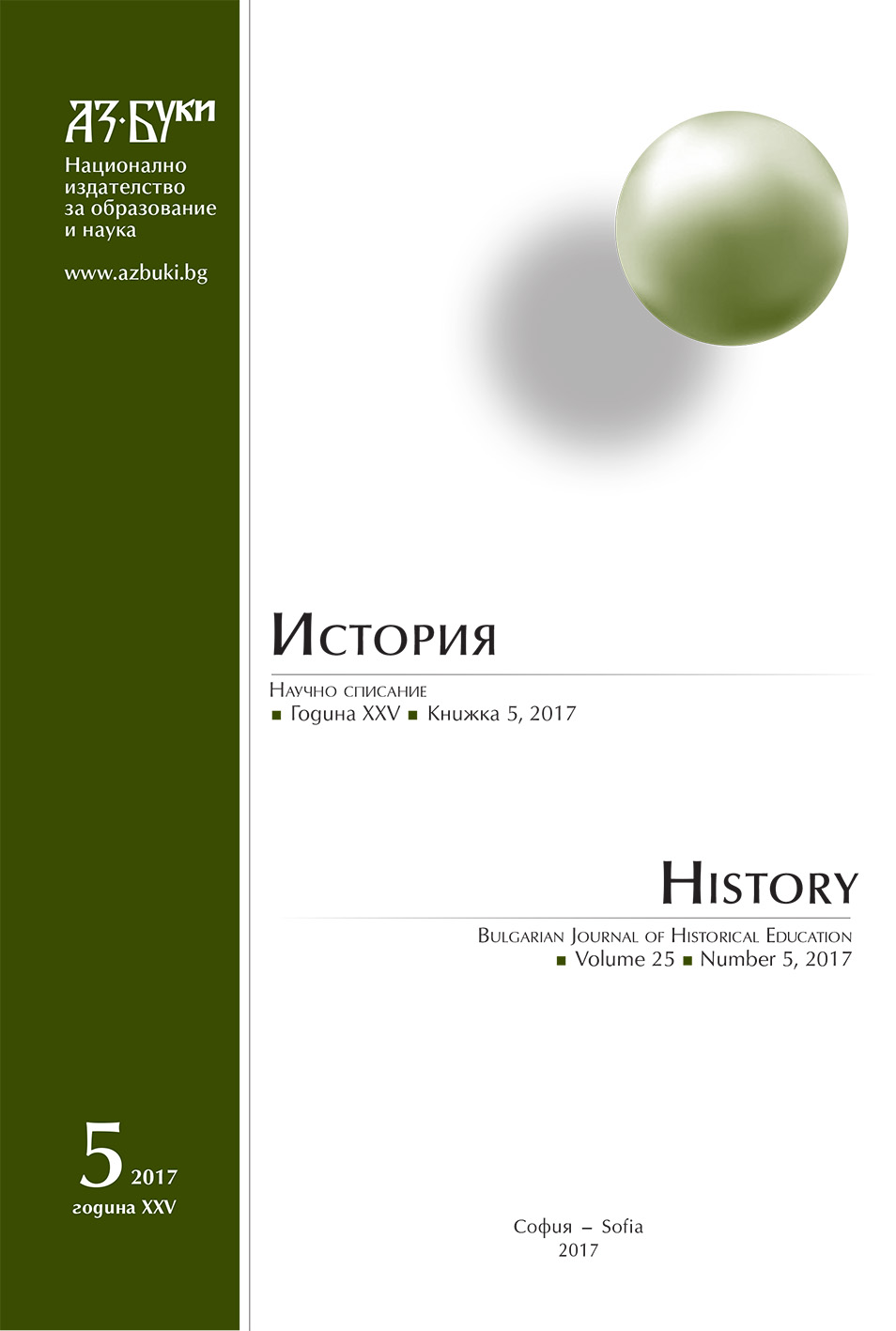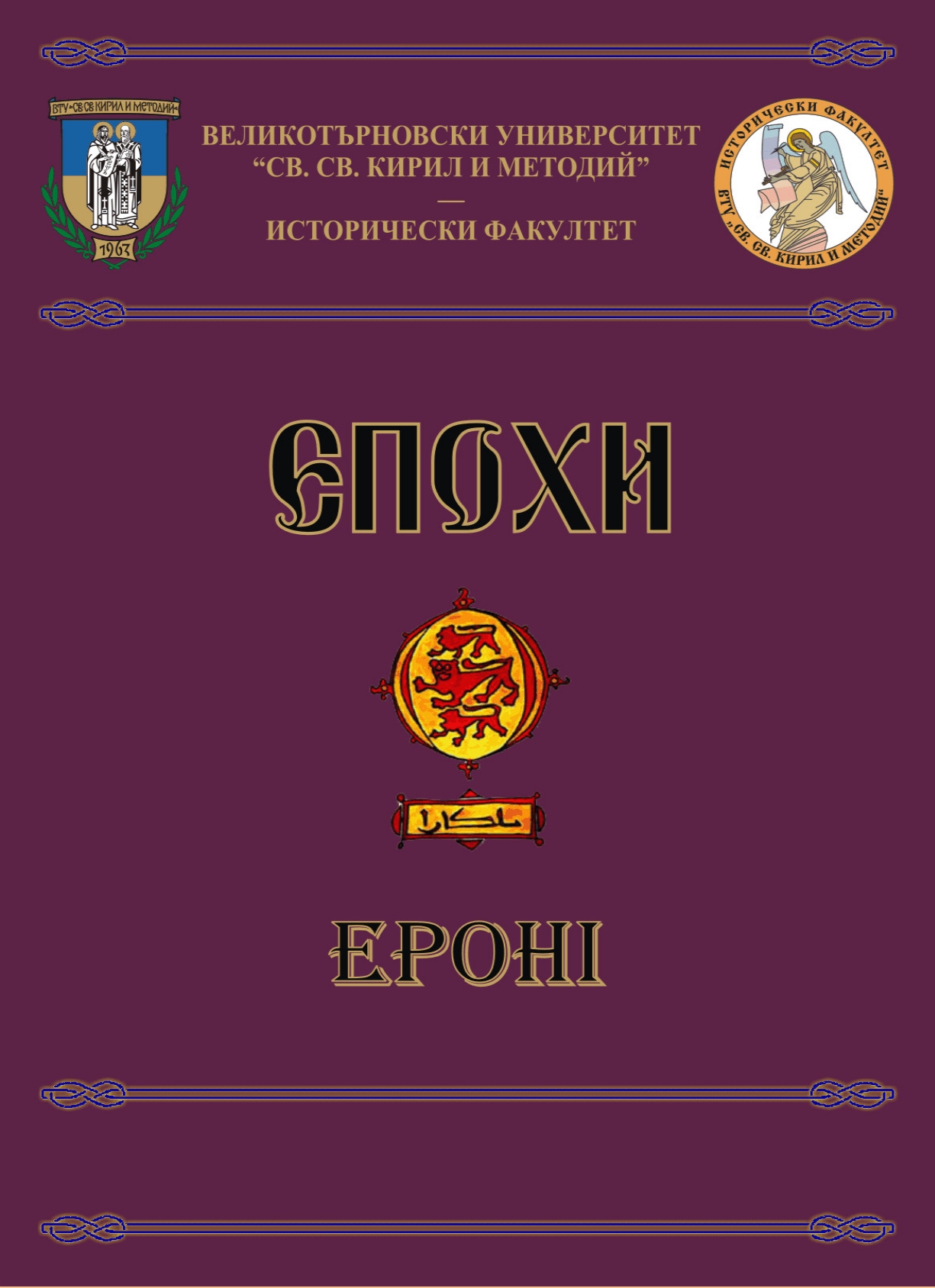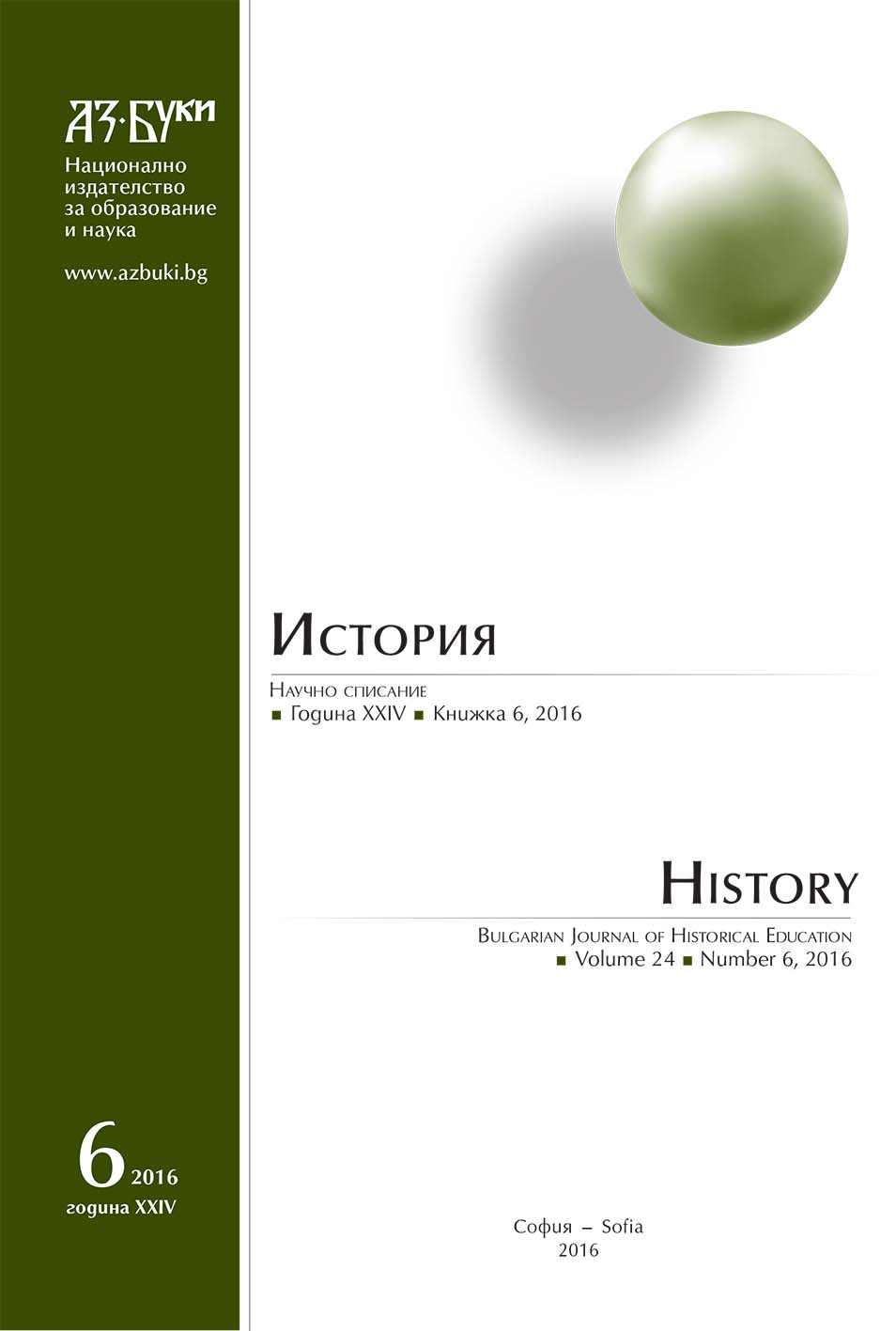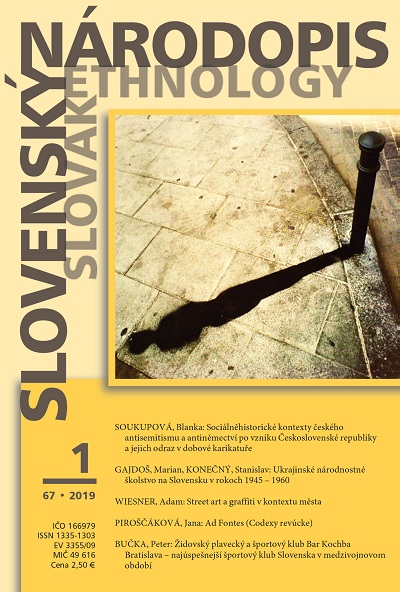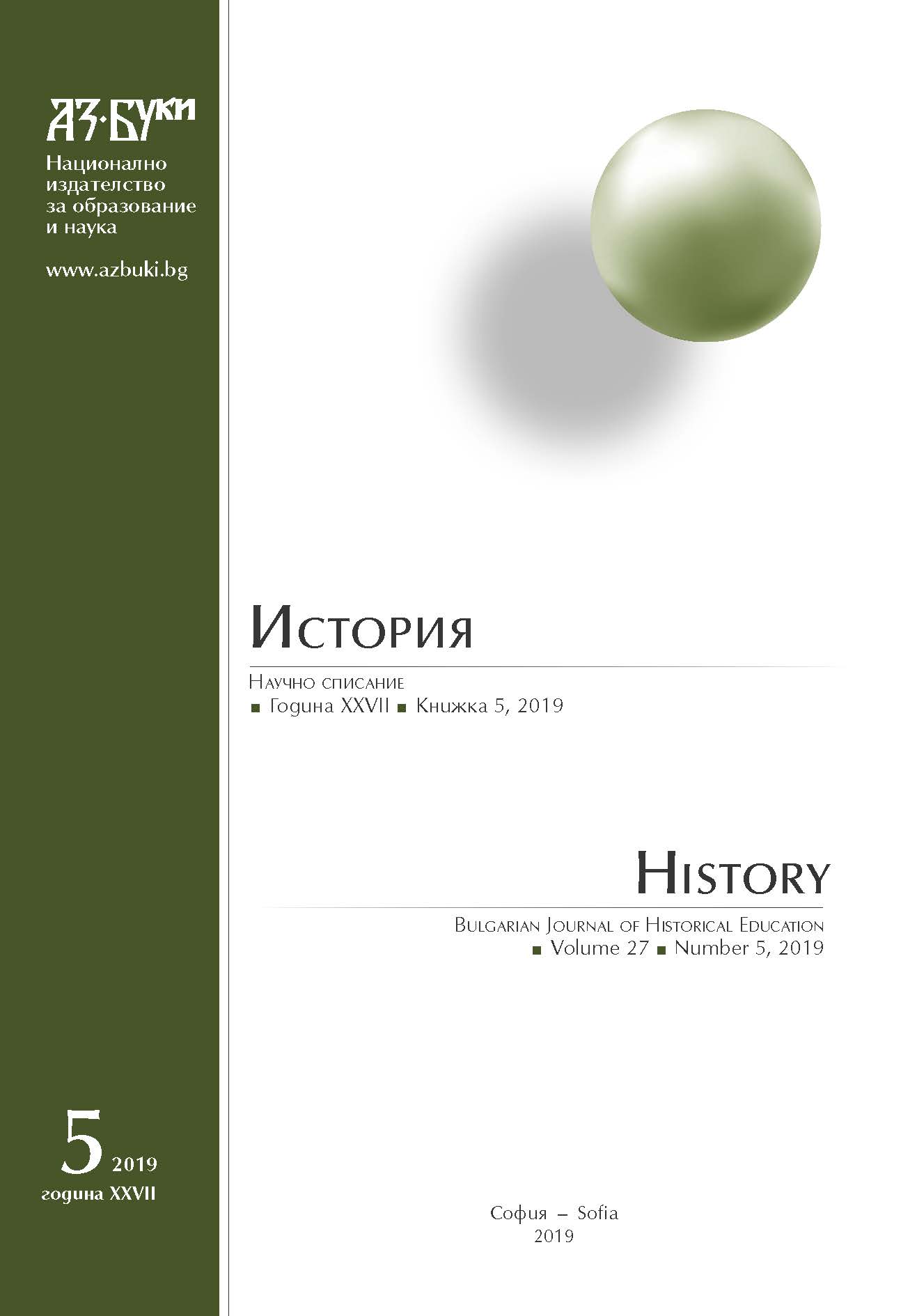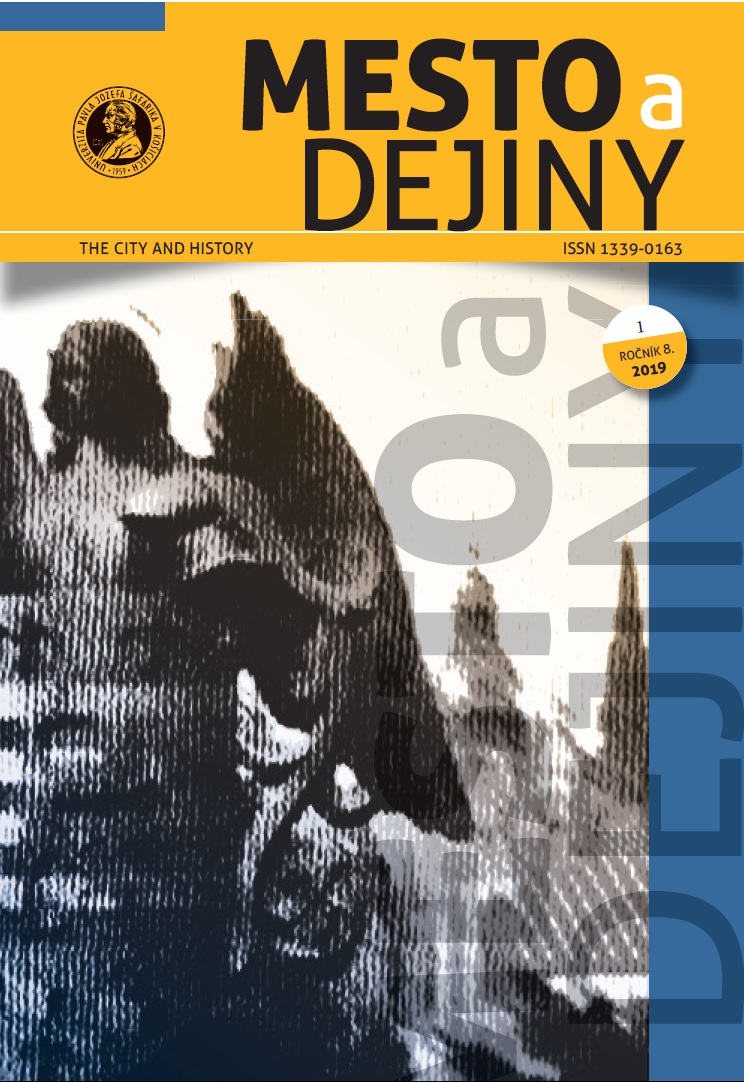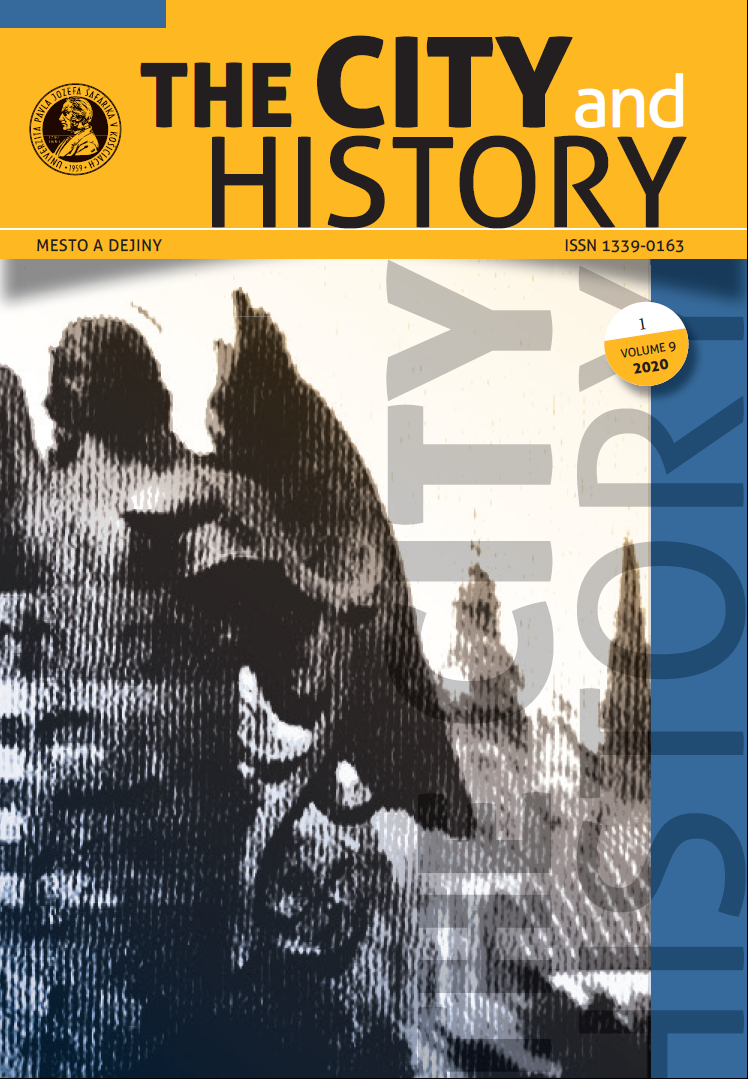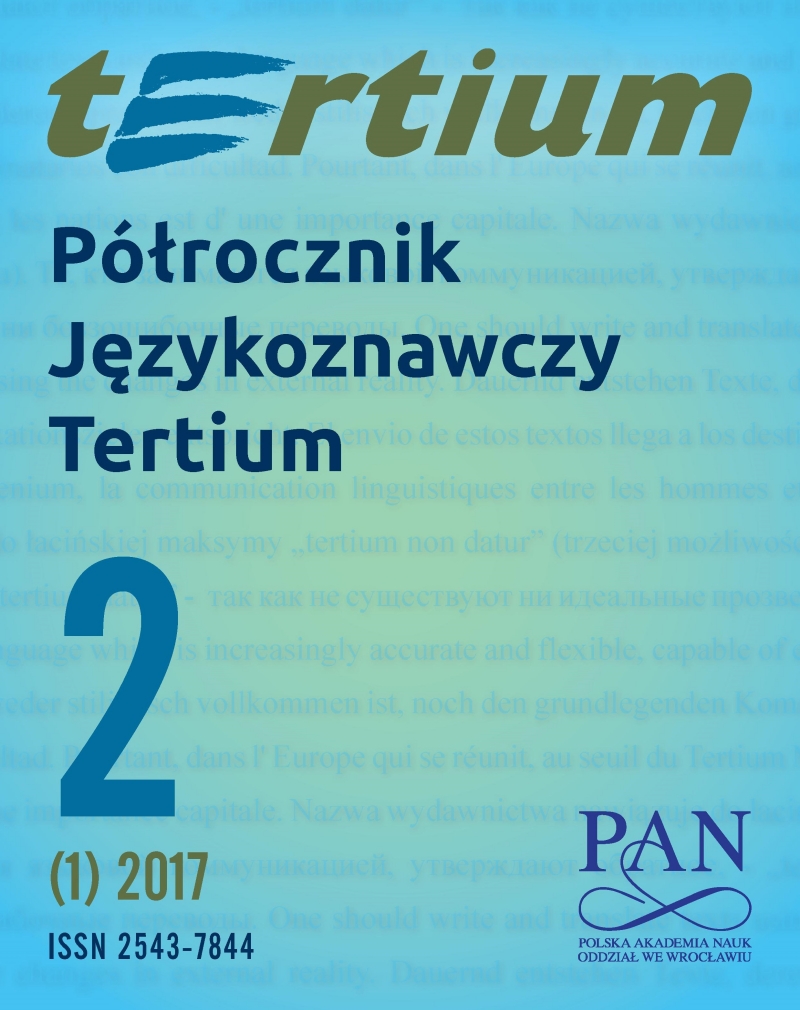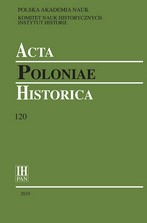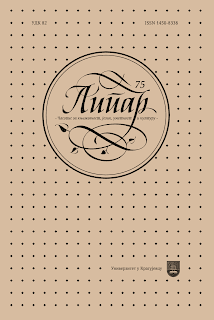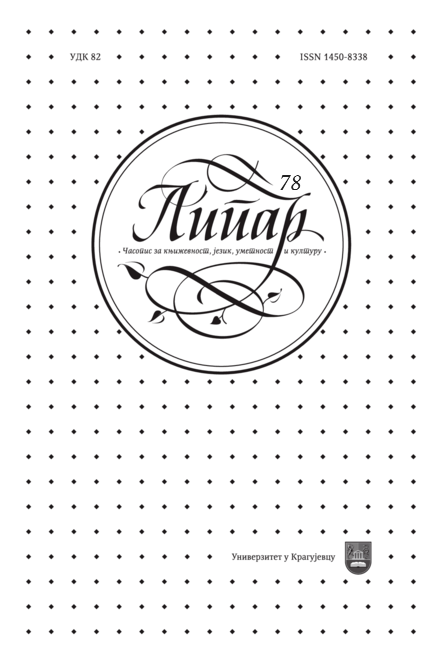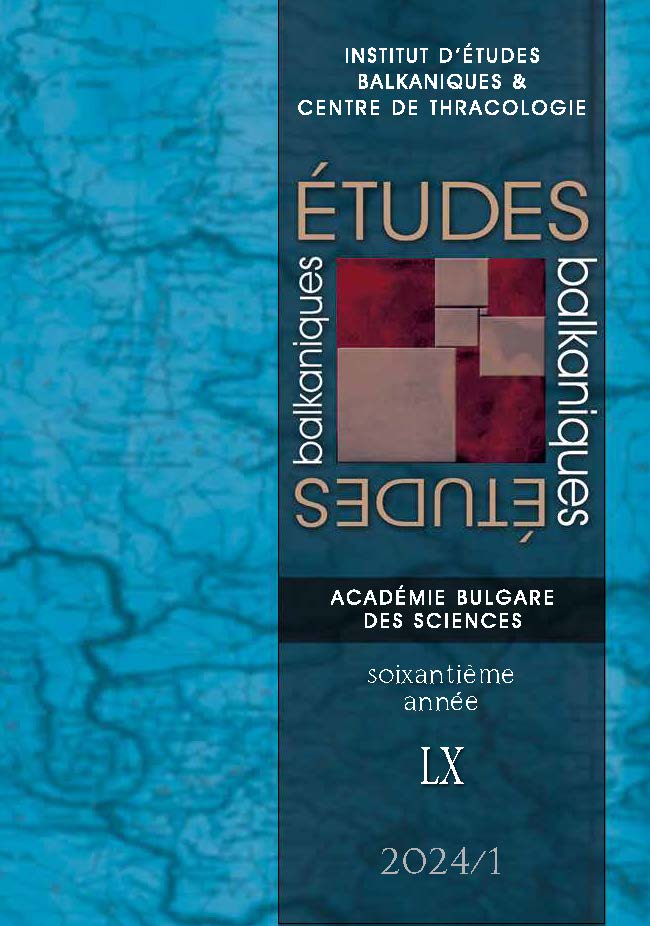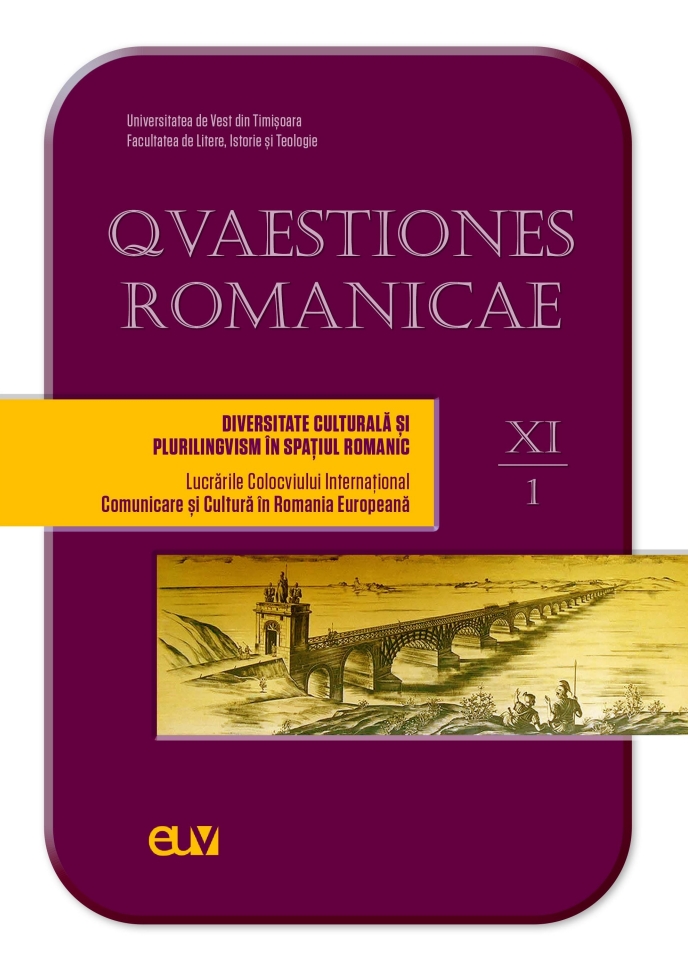Author(s): Maria Cieśla,Antoni Grabowski,Bartosz Kaliski,Adam Kożuchowski,Grzegorz Krzywiec,Rafał Rutkowski,Hubert Wilk / Language(s): English
Issue: 120/2019
General works:
Wspólne dziedzictwo. Rzeczpospolita Obojga Narodów w polskiej, litewskiej i ukraińskiej historiografii XIX – XXI wieku [Common Legacy. The Polish-Lithuanian Commonwealth in the Polish, Ukrainian, and Lithuanian Historiography from the Nineteenth till the Twenty-First Century], ed. by Mariola Hoszowska, Joanna Pisulińska, Paweł Sierżęga and Leonid Zaszkilniak, University of Rzeszów Press, Rzeszów, 2019, 283 pp.
Żydzi polscy w oczach historyków [Polish Jews in Historical Research], ed. by Adam Kaźmierczyk and Alicja Maślak-Maciejewska, Jagiellonian University Press, Kraków, 2018, 263 pp., index of persons
Urszula Glensk, Hirszfeldowie. Zrozumieć krew [The Hirszfeld Family. Understanding the Blood], Universitas, Kraków, 2018, 496 pp., photos
Marek Górlikowski, Noblista z Nowolipek. Józefa Rotblata wojna o pokój [A Nobel Prize-Winner from Nowolipki Street. Joseph Rotblat’s War for Peace], Wydawnictwo Znak, Kraków, 2018, 507 pp., index
Jacek Małczyński, Krajobrazy Zagłady. Perspektywa historii środowiskowej [Landscapes of the Holocaust. A Perspective into Environmental History], Instytut Badań Literackich PAN, Warszawa, 2018, 247 pp., bibliog., ills.
Anna M. Brzezińska, Spór o średniowiecze. Z rozważań nad tożsamością kulturową Europy: Jacques Le Goff, Jerzy Kłoczowski, Aron Gurie wicz [A Dispute Over the Middle Ages. Considerations on Europe’s Cultural Identity: Jacques Le Goff, Jerzy Kłoczowski, Aron Gurevich], Wydawnictwo Uniwersytetu Łódzkiego, Łódź, 2018, 216 pp., bibliog., index of persons
Stanisław Rosik, Sylwia Jędrzejewska, and Karol Kollinger (eds.), Hierofanie, wierzenia, obrzędy… Kultura symboliczna w średniowieczu między pogaństwem a chrześcijaństwem [Hierophanies, Beliefs, Rituals: The Symbolic Culture in the Middle Ages, between Paganism and Christianity], Materiały V Kongresu Mediewistów
Polskich [Materials of the Fifth Congress of Polish Medievalists], ii, Uniwersytet Rzeszowski, Rzeszów, 2018, 252 pp., ills., English summary
Andrzej Buko (ed.), Początki chrześcijaństwa na pograniczu mazowiecko- ruskim [The Origins of Christianity at the Masovian-Rus’sian Borderland], Instytut Archeologii i Etnologii PAN, Warszawa, 2019, 388 pp.
Janusz Lewandowicz, Klasztory, mnisi, mniszki. Obraz życia monastycznego w „Registrum epistularum” Grzegorza Wielkiego na tle prawa cesarskiego i kościelnego [Monasteries, Monks and Nuns. The Image of Monastic Life in Gregory the Great’s Registrum epistularum, in the Context of the Imperial and Ecclesiastical Law], Wydawnictwo Benedyktynów, Tyniec, 2018, 440 pp., Latin, Polish, and Greek material indices, index of names and
sources, bibliog
Antoni Grabowski, The Construction of Ottonian Kingship. Narratives and Myth in Tenth-Century Germany, Amsterdam University Press, Amsterdam, 2018, 294 pp.
Piotr Okniński, Narodziny miasta komunalnego. Struktury ustrojowe, ramy przestrzenne i podstawy gospodarcze Krakowa w XIII wieku [The Birth of a Municipal City. Institutional Structures, Spatial Framework and Economic Foundations of Cracow in the 13th Century], Instytut Historii PAN, Warszawa, 2018, 204 pp.
Karol IV Luksemburski [Charles IV of Luxembourg], Liber
de gestis meis, translated into Polish by Magdalena Nowakowska, with an introduction, afterword, notes, and bibliography by Anna Paner, Wydawnictwo Uniwersytetu Gdańskiego, Gdańsk, 2019, 178 pp., index of names, bibliog.; series: Fontes rerum Bohemicarum
Najdawniejsze przywileje królewskie miasta Bielska z XV i XVI w. [The Earliest Royal Privileges Granted to the Town of Bielsk from the Fifteenth and Sixteenth Centuries], ed. by Waldemar Bukowski and Dorota Michaluk, Muzeum Rolnictwa im. ks. Krzysztofa Kluka, Archiwum Główne Akt Dawnych, Urząd Marszałkowski Województwa Podlaskiego – Departament Kultury i Dziedzictwa Narodowego, Ciechanowiec, Warszawa and Białystok, 2018, 115 pp.,
ills., source texts in Latin and Ruthenian, and as translated into Polish (by Waldemar Bukowski, Krzysztof Pawłowski, Jarosław Zawadzki, and Krzysztof Pietkiewicz); series: Lokacje miast podlaskich
Wojciech Tygielski, Dylematy włoskiego emigranta. Giovanni Battista Jacobelli (1603–1697), śpiewak i kapelan nadworny, kanonik warmiński [Dilemmas of an Italian Emigré. Giovanni Battista Jacobelli (1603–97), Singer and Court Chaplain, Canon of Warmia], Muzeum Pałacu Króla Jana III w Wilanowie, Warszawa, 2019, 443 pp.; series: Silva Rerum
Kirill A. Kochegarov, Ukraina i Rossiia vo vtoroi polovine XVII veka: politika, diplomatiia, kul’tura. Ocherki [Ukraine and Russia in the Second Half of the Seventeenth Century: Politics, Diplomatic Service, Culture. Studies], Kvadriga, Moskva, 2019, 424 pp.
Joanna Schmidt, Zdrowie mieszczan w dobie oświecenia: polityka zdrowotna właścicieli miast prywatnych z pogranicza polsko-litewskiego [The Health of Burghers in the Time of Enlightenment: Health Policies of Owners of Private Towns in the Polish-Lithuanian Borderland], Książnica Podlaska im. Łukasza Górnickiego, Białystok, 2018, 165 pp.
Sejm Niemy: między mitem a reformą państwa [The ‘Silent Sejm’: Between a Myth and the State Reform], ed. by Michał Zwierzykowski, Wydawnictwo Sejmowe, Warszawa, 2019, bibliog., 407 pp
Antologia okolicznościowej poezji politycznej bezkrólewia i wojny o tron polski (1733–1735) [Anthology of Commemorative Political Poetry From the Period of Interregnum and the War for the Throne of Poland, 1733–35], ed. by Rafał Niedziela, Towarzystwo Wydawnicze Historia Iagellonica, Kraków, 2019, 281 pp.
Między Konstytucją a Targowicą: korespondencja i pisma polityczne prymasa Michała Jerzego Poniatowskiego [Between the Constitution and Targowica: Correspondence and Political Writings of Primate Michał Jerzy Poniatowski], ed. by Angela Sołtys, Rambler, Warszawa, 2018, 209 pp.
Adam Mieczysław Skałkowski, Aleksander Wielopolski w świetle archiwów rodzinnych, i: Margrabiego lata przedhistoryczne, ii: Margrabiego i Polski tragedia [Aleksander Wielopolski in the Light of Family archives, i: The Margrave’s Prehistoric Years; ii: The Tragedy of the Margrave and Poland], with an introduction and by ed. Mariusz Nowak, PIW, Warszawa, 2019, 411 + 512 pp.
Franciszka Ramotowska, Warszawa przed-styczniowa. Przebudzenie: “rewolucja moralna” [Warsaw Before January 1863. The Awakening: A ‘Moral Revolution’], ed. by Dorota Lewandowska and Małgorzata Osiecka, Naczelna Dyrekcja Archiwów Państwowych, Warszawa, 2018, 312 pp.
Maria Konopka, Polski rynek wydawniczy Lwowa w dobie autonomii galicyjskiej [The Polish Publishing Market in Lviv at the Time of Galician Autonomy], Universitas, Kraków, 2018, 437 pp., English summary, index of persons
Teresa Chylińska, Karol Szymanowski. Romans, którego nie było. Między Tymoszówką i Wierzbówką [Karol Szymanowski: a Love Story That Never Happened. Between Tymoszówka and Wierzbówka], Polskie Wydawnictwo Muzyczne, Kraków, 2018, 300 pp.
Brigitte Gautier and Maciej Urbanowski (eds.), Zagadkowy Ksawery Pruszyński [Ksawery Pruszyński the Enigmatic], Wydawnictwo Uniwersytetu Jagiellońskiego, Kraków, 2018, 180 pp., index of persons; series: Francuski Łącznik
Czesław Brzoza, Żydzi Krakowa międzywojennego. Kalendarium [The Jews in the Interwar Cracow. A Timeline], Towarzystwo Wydawnicze Historia Iagellonica, Kraków, 2018, 826 pp., bibliog., index of persons, list of abbreviations
Adam Danek, Demokracja nacjonalistyczna. O myśli politycznej Zygmunta Cybichowskiego [A Nationalist Democracy. Zygmunt Cybichowski’s Political Thought], Ośrodek Myśli Politycznej, Kraków, 2018, 411 pp., bibliog., index
Robert Rudnicki, Wiesław Ignacy Renke (1912–1944). Życie i działalność kierownika politycznego Obozu Narodowego [Wiesław Ignacy Renke (1912–44), His Life and Activities as Political Leader of the National Camp], Prohibita, Warszawa, 2018, 349 pp., ills., bibliog., index
Patryk Tomaszewski, Uniwersytet Stefana Batorego w Wilnie w latach 1919–1939. Studium z dziejów organizacji i postaw ideowych studentów [The Stephen Báthory University in Vilnius, 1919–39. A Study in the History of Its Organisation and Ideological Attitudes of Its Students], Wydawnictwo Naukowe Mikołaja Kopernika, Toruń, 2018, 615 pp., bibliog., list of abbreviations, index of persons, ills., tables, English and Russian summary
More...
